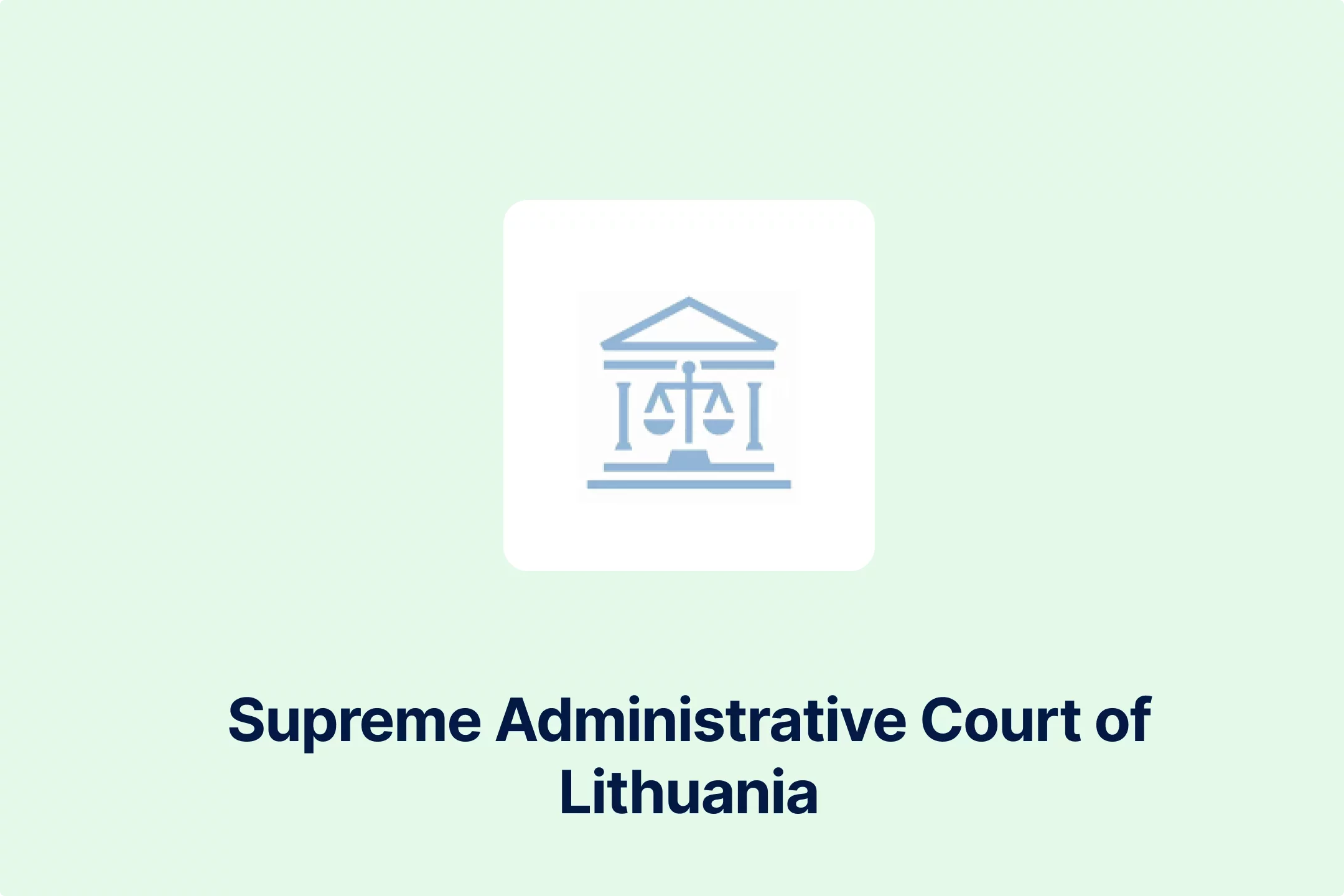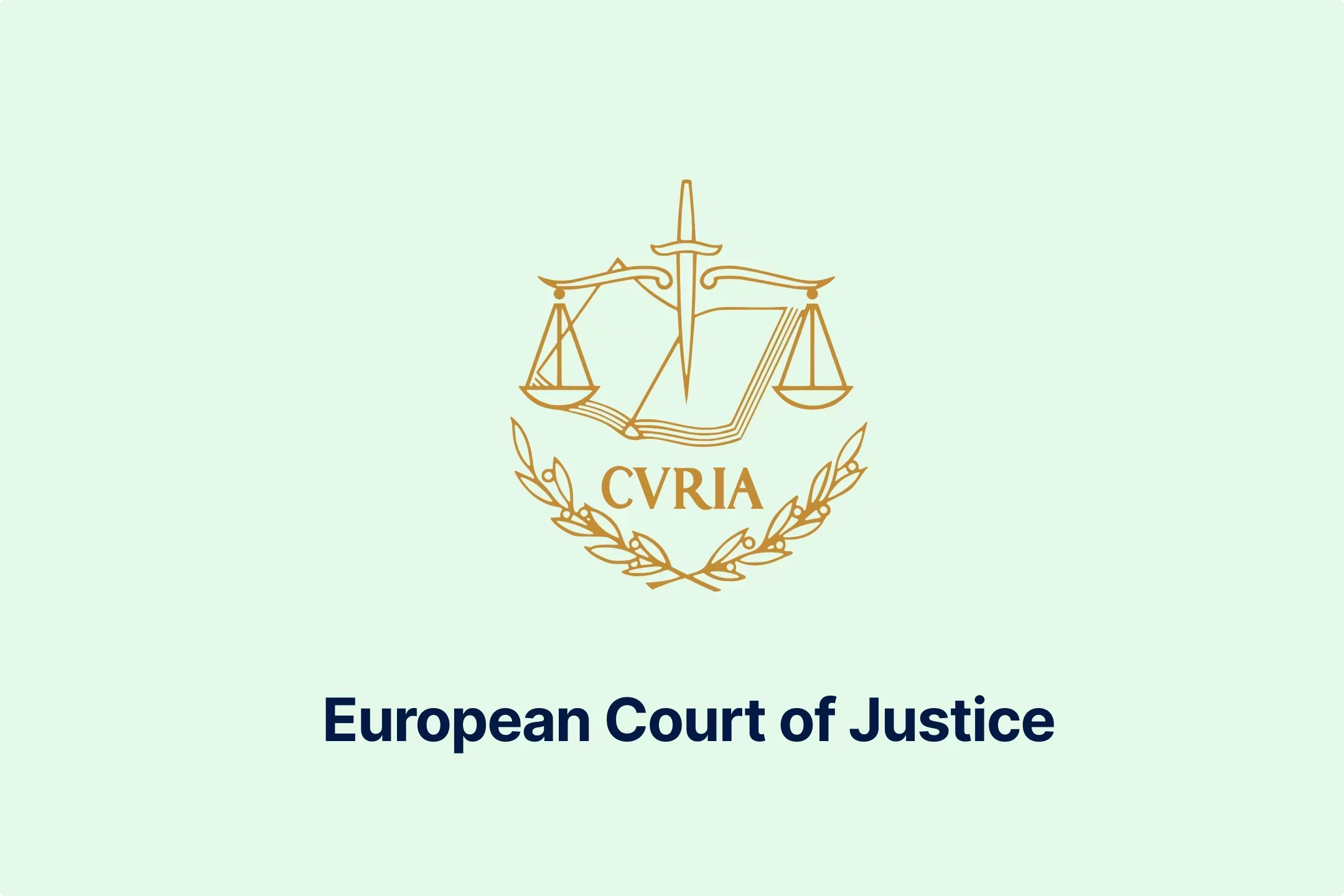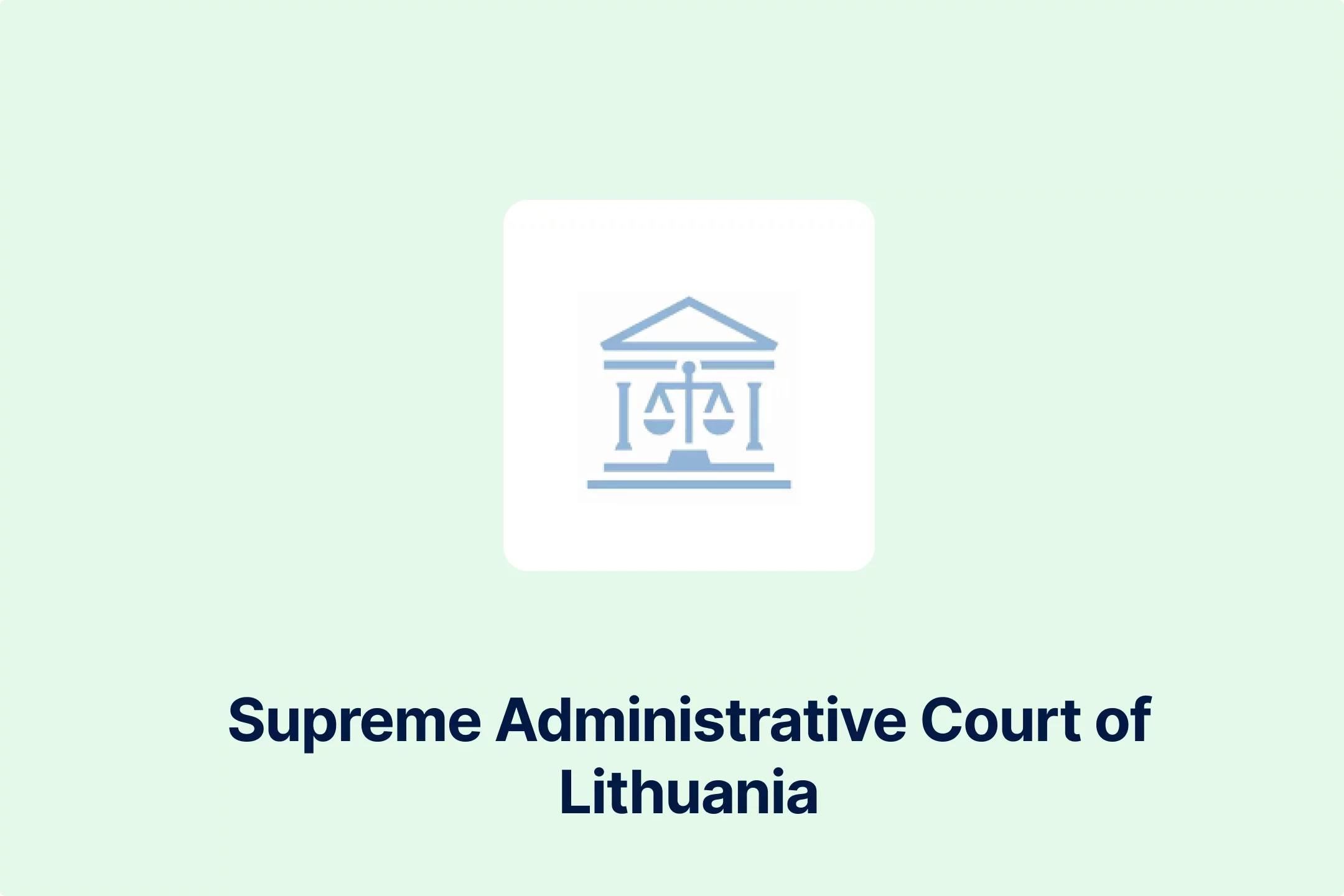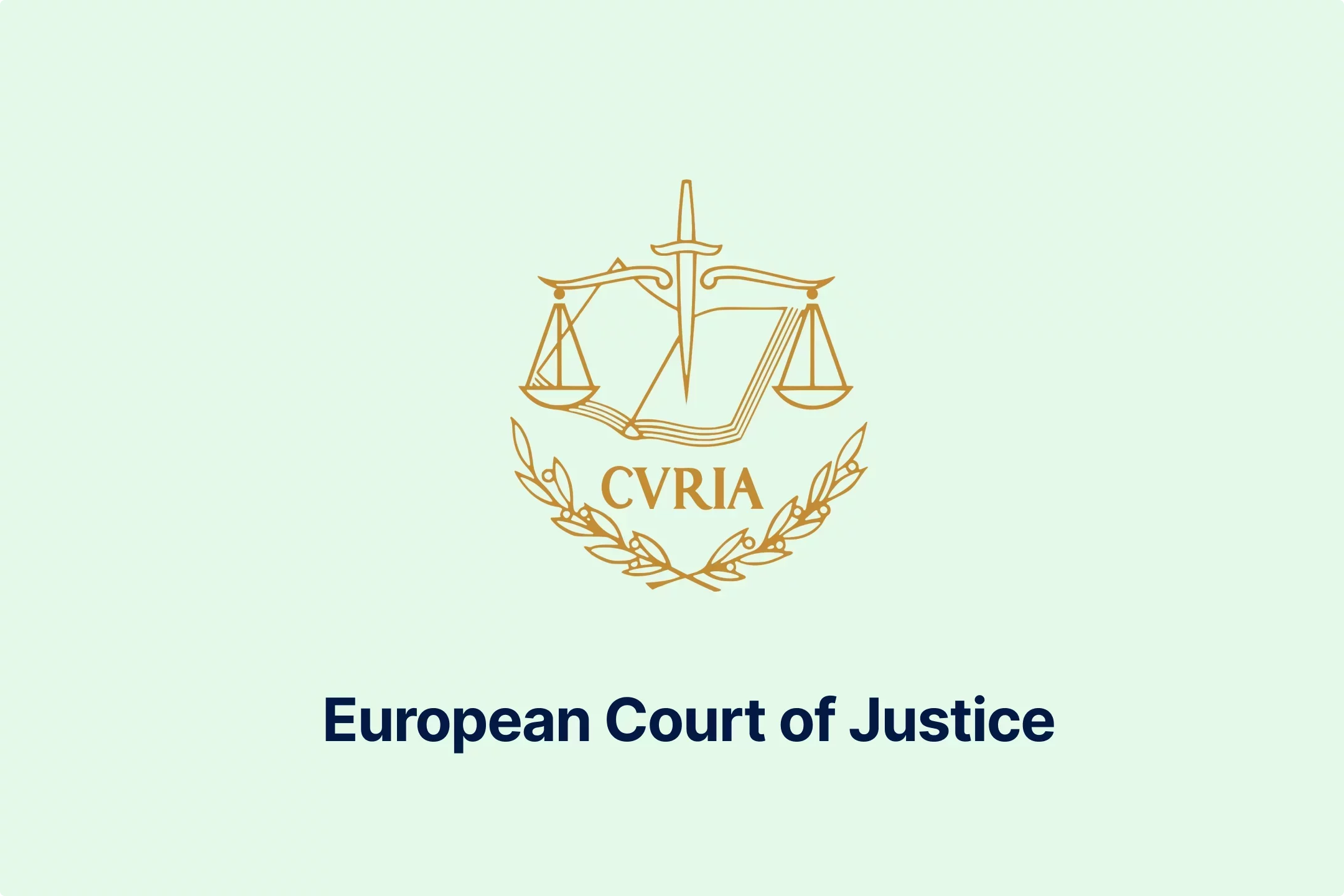Case C-331/23: Exploring the boundaries of joint liability in VAT fraud

On December 12, 2024, the Court of Justice of the European Union (CJEU) delivered its judgment in Case C-331/23, a significant ruling that sheds light on the interplay between national VAT legislation and EU law. This case, involving the Belgian company Dranken Van Eetvelde NV, centered on the compatibility of Belgian VAT enforcement measures with key EU principles, particularly proportionality, fiscal neutrality, and the protection against double jeopardy under Article 50 of the Charter of Fundamental Rights. The decision has important implications for how Member States design their VAT systems to combat fraud while ensuring compliance with EU law.
Background of the case
Dranken Van Eetvelde NV, a beverage company engaged in wholesale and retail operations, faced allegations of complicity in VAT fraud. The accusations stemmed from the issuance of false invoices that facilitated black-market sales during the 2011 financial year. The Belgian tax authorities imposed joint and several liability on the company for €173,512.56 in unpaid VAT allegedly owed by unidentified third parties. In addition, fines exceeding €630,000 were levied under the Belgian VAT Code. Disputing these measures as contrary to EU law, the company challenged the assessment, prompting the Rechtbank van eerste aanleg Oost-Vlaanderen, afdeling Gent (Court of First Instance, East Flanders, Ghent Division) to refer four key questions to the CJEU for clarification.
Legal framework
The Belgian VAT Code, as applied in this case, incorporates stringent measures to combat VAT fraud, particularly through Article 51bis(4), which imposes joint and several liability on taxable persons who knew or should have known that their transactions were connected to fraudulent schemes. This provision enables the Belgian tax authorities to hold businesses accountable not only for their own VAT obligations but also for VAT owed by other parties within the supply chain. By adopting this strict approach, Belgian law seeks to ensure the effective collection of taxes and deter fraudulent practices.
However, the unconditional nature of this provision has raised concerns about its compatibility with EU law, specifically Article 205 of the VAT Directive (Directive 2006/112/EC). While the Directive allows Member States to impose joint and several liability, it requires that such measures respect fundamental EU principles, including proportionality, legal certainty, and fiscal neutrality. The Belgian legislation has been criticized for not providing adequate safeguards for taxpayers to demonstrate they acted in good faith or took all reasonable steps to prevent involvement in fraudulent transactions. This lack of safeguards risks penalizing businesses unfairly, potentially infringing on their rights to deduct input VAT and undermining the principle of proportionality.
These discrepancies have led to questions being referred to the CJEU to determine whether Belgium’s measures comply with EU law. The referral seeks clarification on whether the unconditional application of joint and several liability under Belgian law strikes an appropriate balance between combating VAT fraud and protecting the legitimate rights and interests of businesses operating within the EU.
The questions
The Court of First Instance, East Flanders, Ghent Division sought the CJEU’s guidance on the following questions:
‘(1) Does Article 51bis(4) of the [VAT Code] infringe Article 205 of [the VAT Directive], in conjunction with the principle of proportionality, in so far as that provision provides for unconditional overall liability and does not allow the court to assess liability on the basis of each person's contribution to the tax fraud?
(2) Does Article 51bis(4) of the [VAT Code] infringe Article 205 of the [VAT Directive] on the common system of VAT, read in conjunction with the principle of VAT neutrality, if that provision is to be interpreted as meaning that a person is jointly and severally liable to pay VAT in the place of the legal debtor, without any account having to be taken of the deduction of VAT that can be claimed by the legal debtor?
(3) Must Article 50 of [the Charter] be interpreted as not precluding national legislation which allows (administrative and criminal) penalties of a criminal nature, resulting from different proceedings, to be combined in respect of offences which are materially identical yet occurred over consecutive years (but which, in criminal law, would be regarded as a continuing offence with unity of purpose), and where the offences are subject to administrative prosecution in respect of one year and criminal prosecution in respect of another year? Are those offences not regarded as inseparable because they occurred over consecutive years?
(4) Must Article 50 of [the Charter] be interpreted as not precluding national legislation under which proceedings may be brought against a person for the imposition of an administrative fine of a criminal nature in respect of an offence for which he or she has already been finally convicted under criminal law, the two sets of proceedings being conducted entirely independently of one another and the only guarantee that the gravity of the entirety of the penalties imposed is commensurate with the gravity of the offence in question consisting in the fact that the tax court may carry out a substantive review of proportionality, even though the national legislation does not lay down any rules in that regard, nor does it lay down any rules allowing the administrative authority to take account of the criminal penalty already imposed?’
Proportionality and joint and several liability
The first question posed to the court addressed whether Article 205 of the VAT Directive allows national laws to impose joint and several liability without evaluating the taxpayer’s individual contribution to VAT fraud. The CJEU emphasized that while Member States have discretion to implement measures under Article 205, such measures must adhere to the principle of proportionality. Liability cannot be imposed strictly or unconditionally; businesses must have the opportunity to demonstrate that they took all reasonable precautions to avoid involvement in fraudulent activities. This safeguard is critical to protecting legitimate businesses from undue penalties and ensuring fairness in tax enforcement.
Fiscal neutrality and input VAT
The second question explored whether Belgian law violated the principle of fiscal neutrality by failing to consider the primary debtor’s right to deduct input VAT when imposing joint and several liability. Fiscal neutrality is a cornerstone of the EU VAT system, ensuring that businesses are not unfairly burdened by VAT costs. The court clarified that liability under Article 205 does not grant the jointly liable party a right to deduct input VAT if the principal debtor’s deduction rights are invalidated due to fraud. By doing so, the judgment aligns the enforcement of VAT rules with the overarching goal of preventing fraudulent schemes from exploiting the VAT system.
Non bis in idem and combined penalties
The third question centered on the application of the non bis in idem principle, which prohibits double jeopardy, in cases where both administrative and criminal penalties are imposed for related offenses. Article 50 of the Charter ensures that individuals are not penalized twice for the same acts. In this case, the CJEU determined that the principle was not violated because the administrative and criminal penalties concerned distinct tax periods and material facts. This distinction underscores the importance of separating offenses temporally and substantively to maintain compliance with EU legal standards.
Cumulative penalties and proportionality
The fourth question raised concerns about the proportionality of sequential administrative and criminal penalties for the same offense. While the court did not explicitly resolve this issue, it underscored the importance of ensuring that penalties are proportionate to the gravity of the offense and do not amount to excessive or duplicative measures. Member States must coordinate enforcement actions to balance the goals of effective tax collection and the protection of taxpayer rights.
The practical implications of the judgment
This ruling carries significant implications for stakeholders across the EU.
For businesses, it highlights the critical importance of robust compliance systems. Companies must exercise due diligence to ensure their transactions do not inadvertently involve VAT fraud. The judgment reinforces the necessity for businesses to maintain detailed records and adopt rigorous internal controls to mitigate risks of liability.
For tax authorities, the decision provides guidance on designing enforcement measures that align with EU principles. Authorities must strike a balance between combating fraud and respecting the rights of taxpayers. Transparent and proportionate enforcement criteria can help minimize disputes and foster greater compliance among businesses.
Legal practitioners will find this judgment invaluable as a reference for advising clients on VAT compliance and challenging excessive penalties. The court’s emphasis on proportionality offers a framework for contesting measures that impose undue burdens on taxpayers.
Additionally, the judgment underscores the need for Member States to harmonize their VAT enforcement practices with EU law, particularly in addressing complex fraud cases.
Conclusion
By addressing the limits of joint and several liability, the CJEU reaffirmed the balance between effective tax enforcement and adherence to fundamental EU principles such as proportionality and fiscal neutrality. This ruling ensures that Member States can combat VAT fraud effectively while safeguarding the rights of legitimate businesses. As VAT systems across the EU evolve, this judgment will provide a good reference point for developing fair and effective enforcement practices.
Featured Insights

Burkina Faso FEC E-Invoicing Mandatory July 2026
🕝 February 24, 2026More News from Europe
Get real-time updates and developments from around the world, keeping you informed and prepared.
-e9lcpxl5nq.webp)





-zzrhegqsyq.webp)

-ulcnia30z1.webp)



-3rcczziozt.webp)

-rvskhoqpms.webp)




-a5mkrjbira.webp)

-ivkzc1pwr4.webp)




-hssrwb5osg.webp)



-c06xa1wopr.webp)









-webajrr4ny.webp)
-evibmwdwcn.webp)
-7acdre0hop.webp)

-lcgcyghaer.webp)
-ol6mdkdowg.webp)
-aqdwtmzhkd.webp)

-njgdvdxe2u.webp)



-i6rki3jbad.webp)
-hdwgtama05.webp)

-atbhy5fyxv.webp)






-zp2n6zixoa.webp)
-oa1ynbm4sn.webp)


-lltkno6txy.webp)



-do38odrqnq.webp)

-t409oldqzt.webp)

-hordopb6xh.webp)

-ooimnrbete.webp)

-lwb5qpsily.webp)


-eumafizrhm.webp)

-mtqp3va9gb.webp)

-3ewrn1yvfa.webp)
-591j35flz2.webp)

-huj3cam1de.webp)


-hafis0ii23.webp)

-qseaw5zmcy.webp)



-qzsah2ifqx.webp)


-69rzooghib.webp)
-wrvng98m0g.webp)


-psucycuxh2.webp)
-klyo8bn5lc.webp)




-6wv5h5eyyd.webp)
-tfgg78rbid.webp)
-a6jpv9ny8v.webp)
-qhdbapy0qr.webp)


-owvu7zoc13.webp)


-h28jrh1ukm.webp)

-wl9bl1rw3a.webp)

-2w76jtvtuk.webp)

-c0uvrmrq9j.webp)



-pofe7ucwz3.webp)



-5cc23ezxyf.webp)
-rrmabbekeb.webp)








-iyyeiabtaf.webp)
-c8rbjkcs01.webp)
-nilkffjhah.webp)

-hikakq55ae.webp)

-z1d60bldtg.webp)
-d1a0q6n7mp.webp)
-viip8nvoeh.webp)
-bvv1otliox.webp)



-de8hdb1bn3.webp)
-7xsxxoypnx.webp)

-cm0opezg73.webp)
-0tovsdupmi.webp)
-subxdamdj6.webp)


-gly6ablwnh.webp)
-gkduqhwbzh.webp)
-qpe1ld9vcj.webp)
-8noukwsmba.webp)
-aka29tuhkt.webp)


-fisvs27yrp.webp)


-mp0jakanyb.webp)

-aivzsuryuq.webp)



-o7f4ogsy06.webp)

-zjja92wdje.webp)
-hrbhdts8ry.webp)
-qtdkwpgkug.webp)


-cf8ccgah0p.webp)
-0em3cif5s6.webp)






-ptzesl0kij.webp)

-tfzv42pyms.webp)







-uodv7sfbih.webp)
-bbrdfmm9qf.webp)



-m2tl8crfqr.webp)




-1awbqjgpjs.webp)
-avbjsn1k1g.webp)


-0h8ohkx6s0.webp)



-wfmqhtc7i6.webp)
-7wljbof2zo.webp)

-eqt97uyekl.webp)
-wzw9mcf563.webp)

-z4oxr6i0zd.webp)




-l0zcrrzvhb.webp)
-fhtic1pwml.webp)

-iipdguuz9p.webp)
-nkhhwrnggm.webp)
-pltqwerr3w.webp)

-nn6mtfbneq.webp)

-tmnklelfku.webp)



-8z1msbdibu.webp)
-7g16lgggrv.webp)



-lxcwgtzitc.webp)
-9mc55kqwtx.webp)


-xla7j3cxwz.webp)
-jrdryw2eil.webp)






-t9qr49xs2u.webp)


-qjopq5jplv.webp)



-vune1zdqex.webp)

-qsozqjwle2.webp)
-rgjta7iwiv.webp)

-zb6bxxws47.webp)
-lyfjzw4okp.webp)

-ogpfmol5m1.png)


-czisebympl.png)

-zetvivc79v.png)
-ud7ylvkade.png)
-qizq6w2v5z.png)







-ihr6b4mpo1.webp)
-k1j4au0ph6.webp)
-swxxcatugi.webp)


-ig9tutqopw.webp)

-tauoa6ziym.webp)

-spr0wydvvg.webp)

-xfuognajem.webp)





-u2nv5luoqc.webp)







-opuxpan2iu.webp)




-kwttsfd8ow.webp)
-8u14qi10nj.webp)

-wjpr96aq5g.webp)

.png)

.png)


.png)


.png)



.png)
.png)
.png)
.png)
.png)

.png)
.png)




.png)
.png)




































































































































